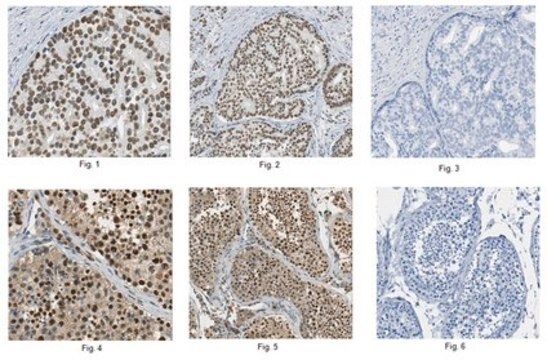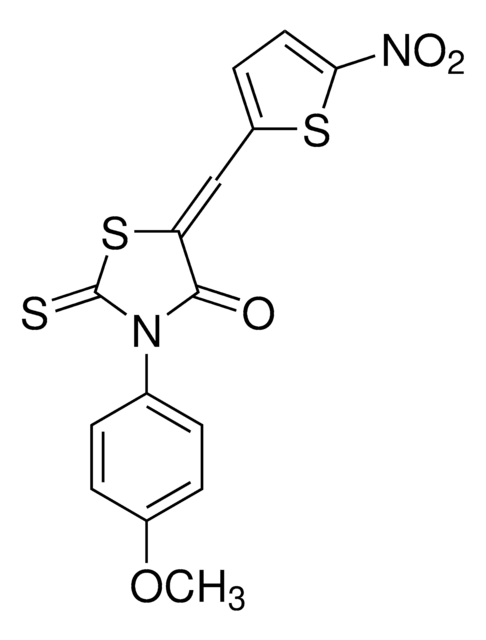LM1905
Avanti
17:0-20:4 PI(3,5)P2
Avanti Research™ - A Croda Brand LM1905, powder
Synonym(s):
1-heptadecanoyl-2-(5Z,8Z,11Z,14Z-eicosatetraenoyl)-sn-glycero-3-phospho-(1′-myo-inositol-3′,5′-bisphosphate) (ammonium salt)
About This Item
Recommended Products
form
powder
manufacturer/tradename
Avanti Research™ - A Croda Brand LM1905
packaging
1 ea of 1 × (with stopper and crimp cap (LM1905-1EA))
shipped in
dry ice
storage temp.
−20°C
SMILES string
[H][C@@](COP([O-])(O[C@H]1[C@H](O)[C@@H](OP(O)([O-])=O)[C@H](O)[C@@H](OP([O-])(O)=O)[C@H]1O)=O)(OC(CCC/C=C\C/C=C\C/C=C\C/C=C\CCCCC)=O)COC(CCCCCCCCCCCCCCCC)=O.[NH4+].[NH4+].[NH4+]
General description
Biochem/physiol Actions
Packaging
Legal Information
Storage Class Code
11 - Combustible Solids
Choose from one of the most recent versions:
Certificates of Analysis (COA)
Sorry, we don't have COAs for this product available online at this time.
If you need assistance, please contact Customer Support.
Already Own This Product?
Find documentation for the products that you have recently purchased in the Document Library.
Our team of scientists has experience in all areas of research including Life Science, Material Science, Chemical Synthesis, Chromatography, Analytical and many others.
Contact Technical Service








